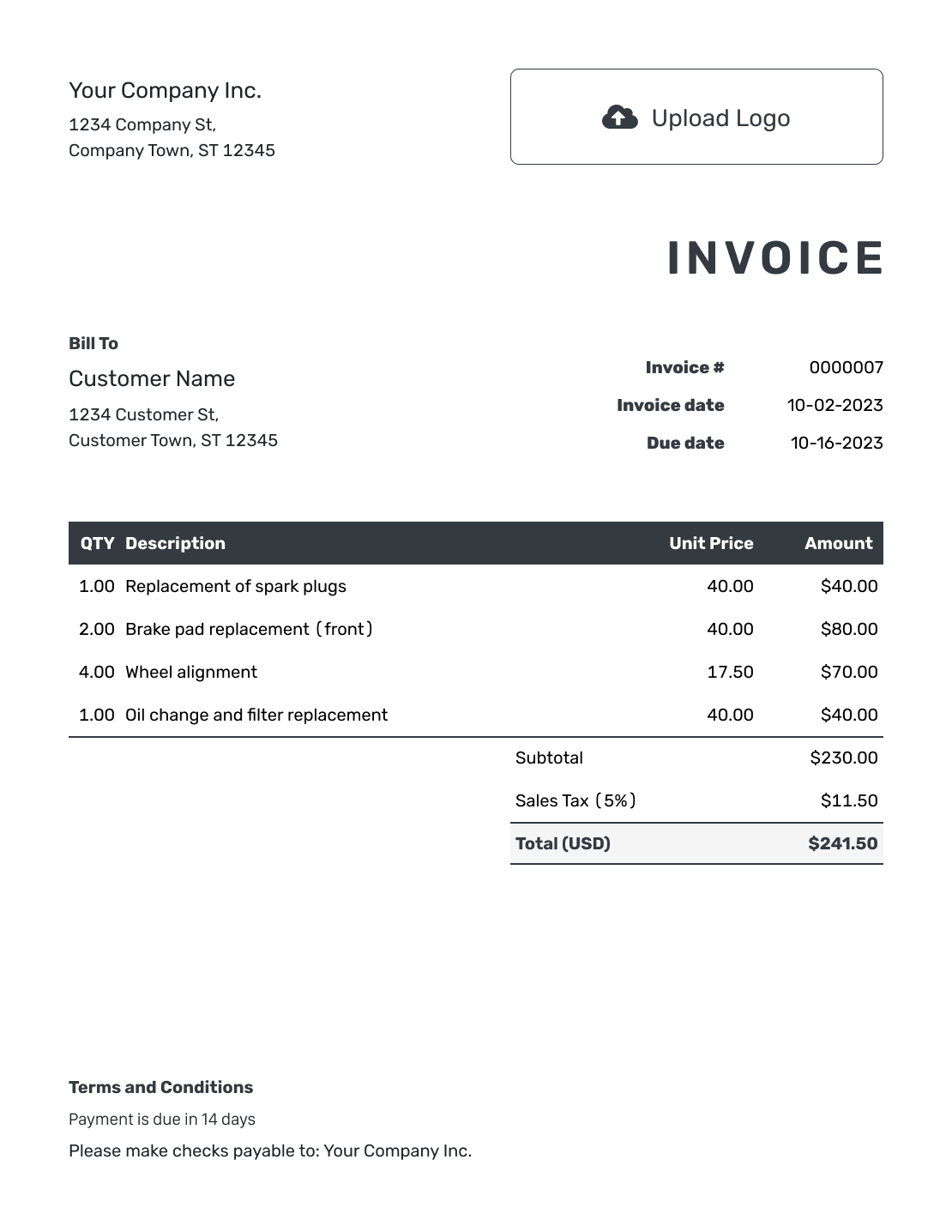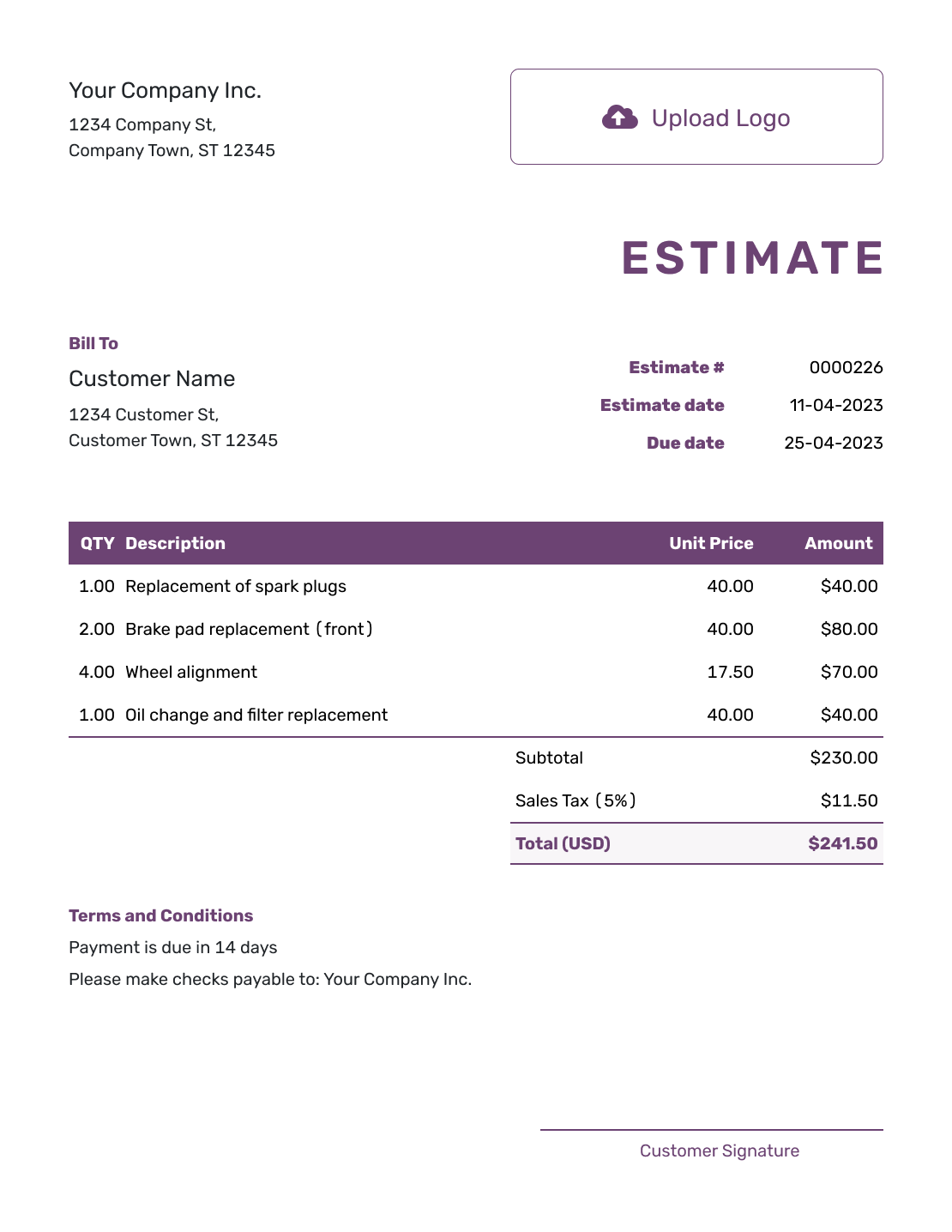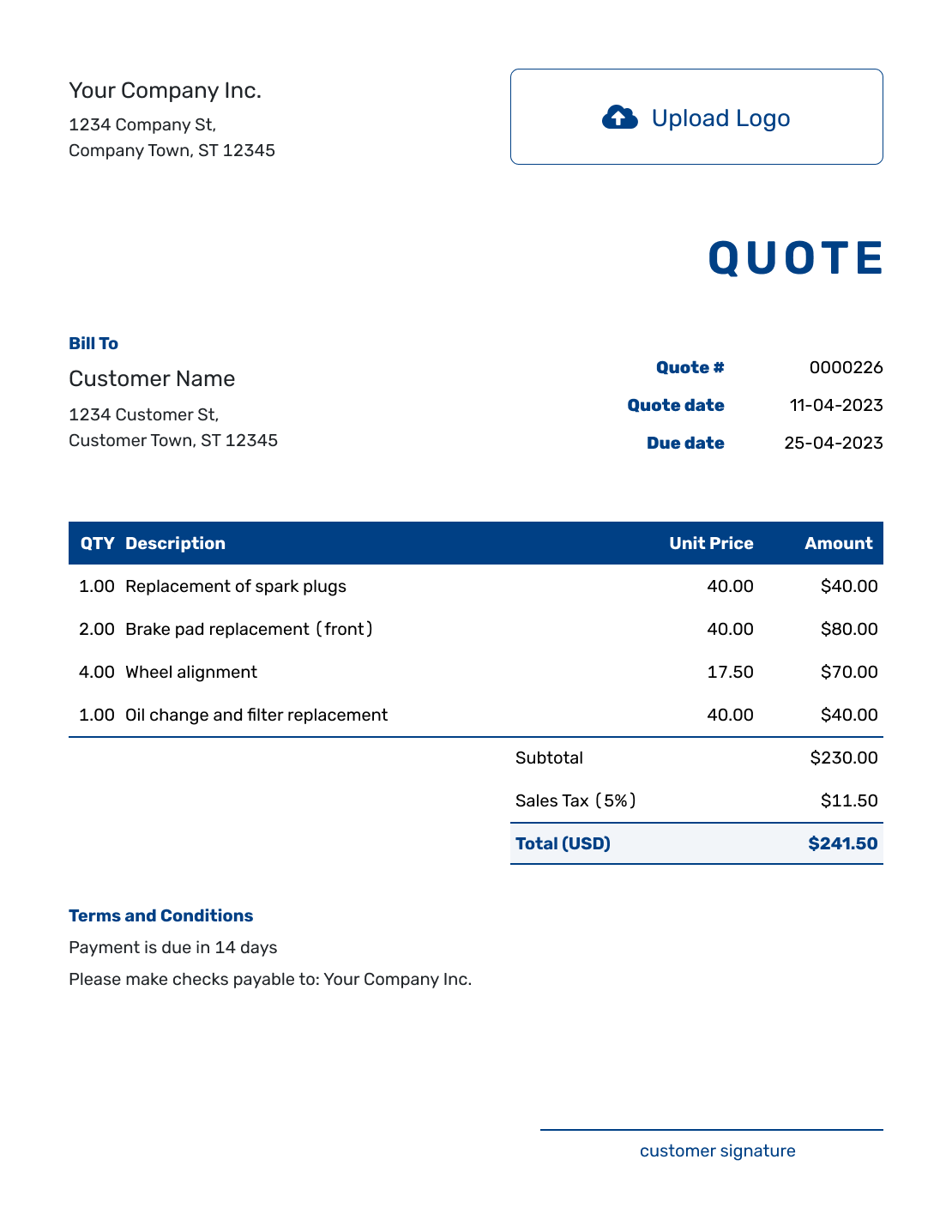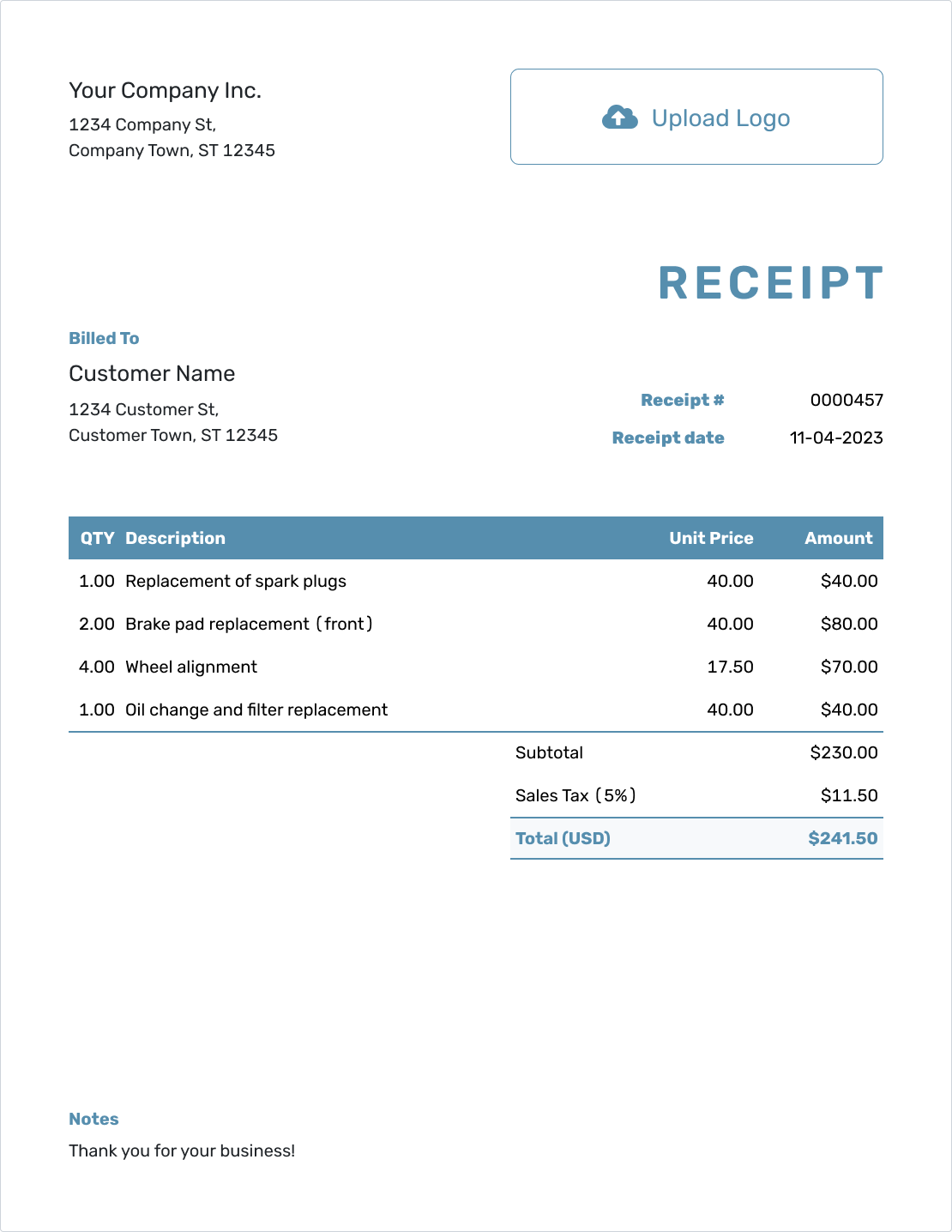Understanding
Inventory Valuation
Est. reading time: 6 min

Inventory valuation might sound a bit technical, but it's really about figuring out how much your stock is worth. It helps you understand how much your goods are worth on the books, which can affect your business's profits and taxes. Think of it as putting a value on the items sitting on your shelves or in your warehouse, so you have an accurate picture of your business finances.
What Is Inventory Valuation?
Inventory valuation is the process of determining the value of the items your business holds in stock. This value is important because it impacts your profit margins, tax calculations, and even decisions you make about purchasing and pricing.
For example, if you run a store selling electronics, inventory valuation helps you figure out how much value your unsold items, like smartphones and laptops, have. This way, you can understand how much money is tied up in your inventory at any given time.
Methods of Inventory Valuation
There are different ways to calculate the value of your inventory. The method you choose can affect your business's reported profits and tax liabilities. Let's look at the most common methods:
First In, First Out (FIFO)
First In, First Out means that the first items you buy are the first ones you sell. Imagine you own a bakery. If you bake bread on Monday, those loaves are the first to be sold before the ones baked on Tuesday. FIFO assumes older inventory gets sold first, and newer items remain in stock. This method is useful when prices are rising, as it can lead to lower cost of goods sold and higher profits.
Last In, First Out (LIFO)
Last In, First Out means the most recently purchased items are the first to be sold. Imagine a stack of boxes where you take the top box first—that's how LIFO works. This method can be helpful when prices are increasing because it matches recent costs with current sales, potentially lowering reported profits.
Weighted Average Cost
The Weighted Average Cost method calculates the average cost of all items in inventory. This way, it smooths out price fluctuations. For instance, if you buy similar items at different prices, using the weighted average helps you assign an average value to each item, making accounting simpler and more consistent.
Why Inventory Valuation Matters
Inventory valuation is crucial because it directly affects your business's bottom line. The value you assign to your inventory impacts your cost of goods sold, which in turn affects your overall profit.
If your inventory is valued too high, it may look like your business is making less profit than it actually is. On the other hand, if inventory is valued too low, your profits might seem larger, but you'll end up paying more in taxes. Accurate inventory valuation helps you get a true picture of your business's financial health, enabling you to make smarter decisions about pricing, purchasing, and even negotiating with suppliers.
Knowing the value of your inventory also helps you manage cash flow better. If you realize that too much money is tied up in unsold goods, you can take steps to clear out old stock, like offering discounts or promotions, to free up cash for other business needs.
The Docelf Advantage
Docelf helps you stay on top of your inventory and finances by making it easy to track your sales and expenses. With Docelf, you can:
- Create Invoices: Send professional invoices quickly, ensuring you get paid on time.
- Generate Quotes and Estimates: Provide clear and detailed quotes to potential customers, helping you win more business.
- Stay Organized: Keep all your quotes, invoices, and estimates in one place, making it easy to see how well your business is doing.
Managing inventory valuation can seem complex, but with the right tools, you can simplify the process and keep your business running smoothly. Ready to make managing your business finances simple and efficient? Try Docelf today!




